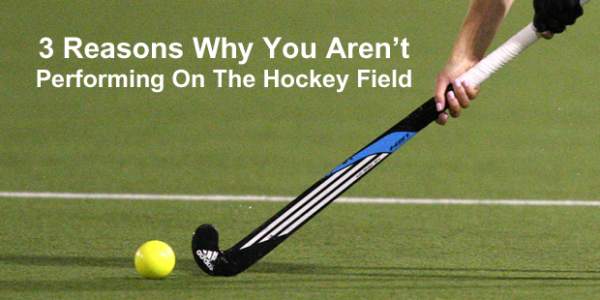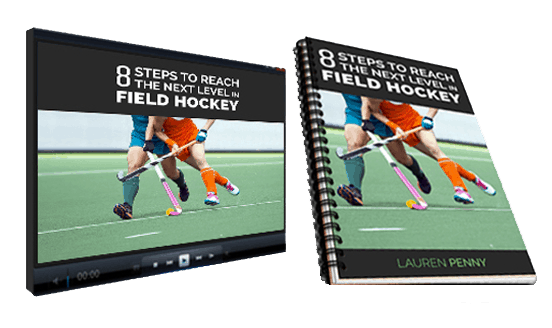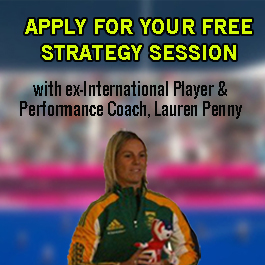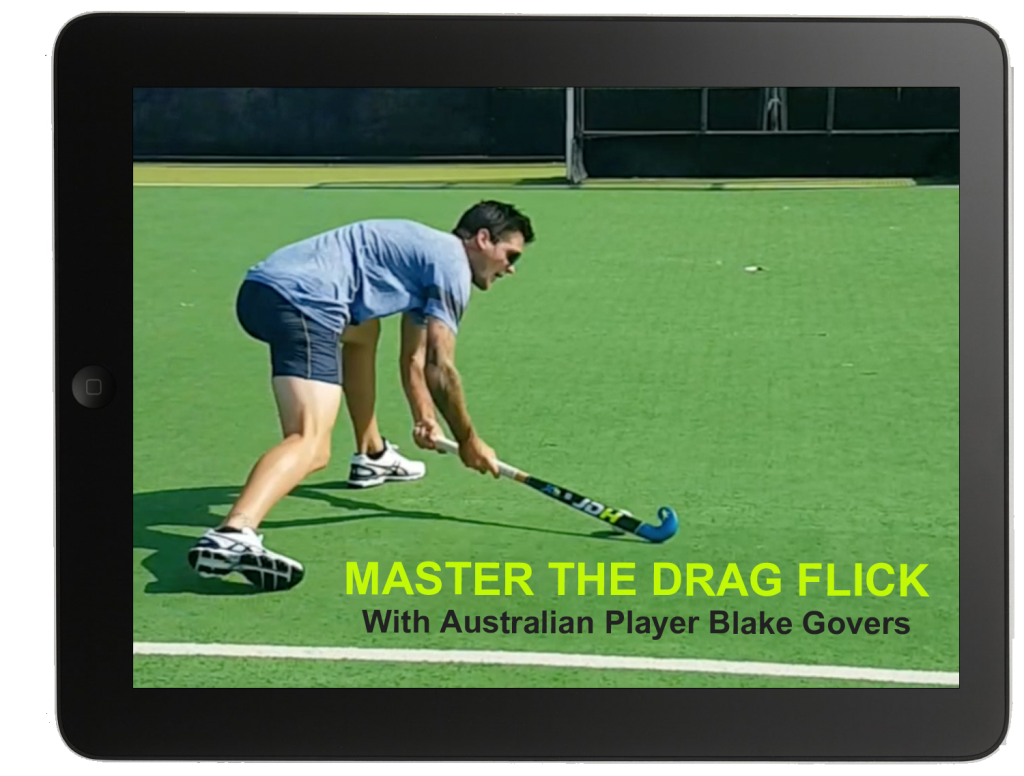Most hockey players tend to focus their time on the physical part of the game such as their skills and fitness, but what if I told you that you are missing out on something else that not many coaches talk about?
In this video I’m going to reveal 3 Reasons why you aren’t performing at your best:
Get FREE TRAINING HERE: 8 Steps To Reach The Next Level in Hockey
Now, although I believe that both skills and fitness are important components in most sports, I believe what gives a player or team a massive advantage is how they think and what is going on in their brain.
In a game this could be demonstrated by having the confidence to take a risk even though there’s a chance you could mess up or stepping up to take a penalty and scoring despite any fear, pressure or doubt you feel. It could also be how you react after a mistake or staying focussed on what you can control when things don’t go your way.
How we think affects the decisions we make and the actions we take, so next time you make a mistake, ask yourself this:
Was it a physical error or a mental error?
Physical errors simply mean we need to spend more time practicing a skill under no pressure.
Mental errors are common in game situations. They happen when we CAN do something in training (under no pressure) but we are NOT executing it in a game situation when there is more riding on the outcome.
For example if you can do a skill well 8 times out of 10 in training but only doing it well 5 times out of 10 in a game, that means that 30% of your mistakes are mental errors, not physical errors.
Nowadays there is so much emphasis on developing the correct technique because coaches are trained to correct our physical mistakes but this can be very frustrating for a player when the real problem is actually a mental mistake.
Most players and coaches don’t really understand the mental game or how to improve it and one of the problems is that there is often a negative connotation attached to the word “mental” as though you’re not normal or you belong in an institution if you feel fear, which couldn’t be further from the truth.
But just because you don’t understand something, you shouldn’t just ignore it.
Many will agree that the mind plays a huge part in sport and is often what separates the good players from the great players, but very few understand how to unlock this inner power and control that we all possess.
This was evident in my own journey when I went from missing out on selection as a junior hockey player to making my senior international debut just a few years later.
The difference wasn’t any new physical skills but instead I learnt how to think like a champion.
I developed emotional intelligence which resulted in no longer letting other things affect my performance and I started to believe in myself at every level, not just on the surface.
As a performance coach I look at the bigger picture for each person I work with, often taking every factor of performance into account. To this day mental game training has proven to make the biggest impact for all the players that I’ve work with, ranging from teenagers up to over 55 years international Masters players.
The reason it makes such a difference is because it’s not something many are aware of because no-one talks about it or teaches it.
The challenge is getting you to realise that you can be so much better if you embrace mental game training. Working on your mental game doesn’t mean you’re weak but rather it’s a sign of strength because it means you want to keep improving yourself.
My aim is to help you to see how much more consistent you can be if you’re willing to open up and be honest with how you feel, instead of pretending that “everything is ok.”
How we think is just another skill that’s part of sport which may need to be developed whether you’re a player or a coach.
Without an inner confidence and believe in your ability, you will probably not get as far as you can because if you can’t convince yourself, how can you expect to convince others?
The good news is that even if you doubt yourself at times or lose your cool then you can do something about it and just like other skills, your mental game can be trained so that you feel more confident and in control of your performance.
Mental game training isn’t just for the elite level players, it is something that can help anyone who wants to get more out of their sport, whether it is to be more confident, overcome the fear of failure, beat distractions, manage frustration or anger, perform under pressure at trials or in the big games, etc.
So how do you stop getting in your own way?
Start by identifying the reasons why you aren’t performing.
3 Reasons Why You’re Not Performing In Field Hockey:
#1) You’re psyching yourself out
Many players worry more about what might go wrong before the game even starts, rather than thinking about what might go well. I call these the “what if’s” such as ‘what if I don’t play well.’
Instead focus on what might go well such as “what if I play my best game ever” or “what if I use a skill I’ve been working on in a game today”
#2) You’re dwelling on the past
As an attacking player I’ve missed plenty of goal scoring opportunities, just like most. When you make a mistake the most important thing is how quickly you can move forward and get ready for the next opportunity. If you’re still thinking about the last mistake you made, you will probably do the same thing again.
If things are not going well then go back basics and just focus on getting the simple things right. Instead of dwelling on your past mistakes, focus on what is important in each moment of the game so that you’re ready for the next opportunity.
#3) You’re too hard on yourself
We all have conversations with ourselves on a daily basis. People often say negative things about themselves without even realising it because they are so used to that way of thinking. Become more aware of the conversation that you have with yourself.
For example if you make a mistake on the field do you think things like: “Ah, that was so stupid” or “I am such an idiot?”
Remember your mind communicates with the rest of your body which affects your body language, your behavior and ultimately your performance.
Start to identify if the mistakes you make in a game are physical or mental errors.
Now, these are just a few examples of how we get in our own way and there are many more, so if you would like to learn more about how you can become a better hockey player and take your game to a higher level then…
Get my FREE Training on the 8 Steps To Reach The Next Level in Hockey below:
FREE: 8 Steps To Reach The Next Level In Hockey
Just let me know where to send the free training below
We value your privacy and would never spam you














